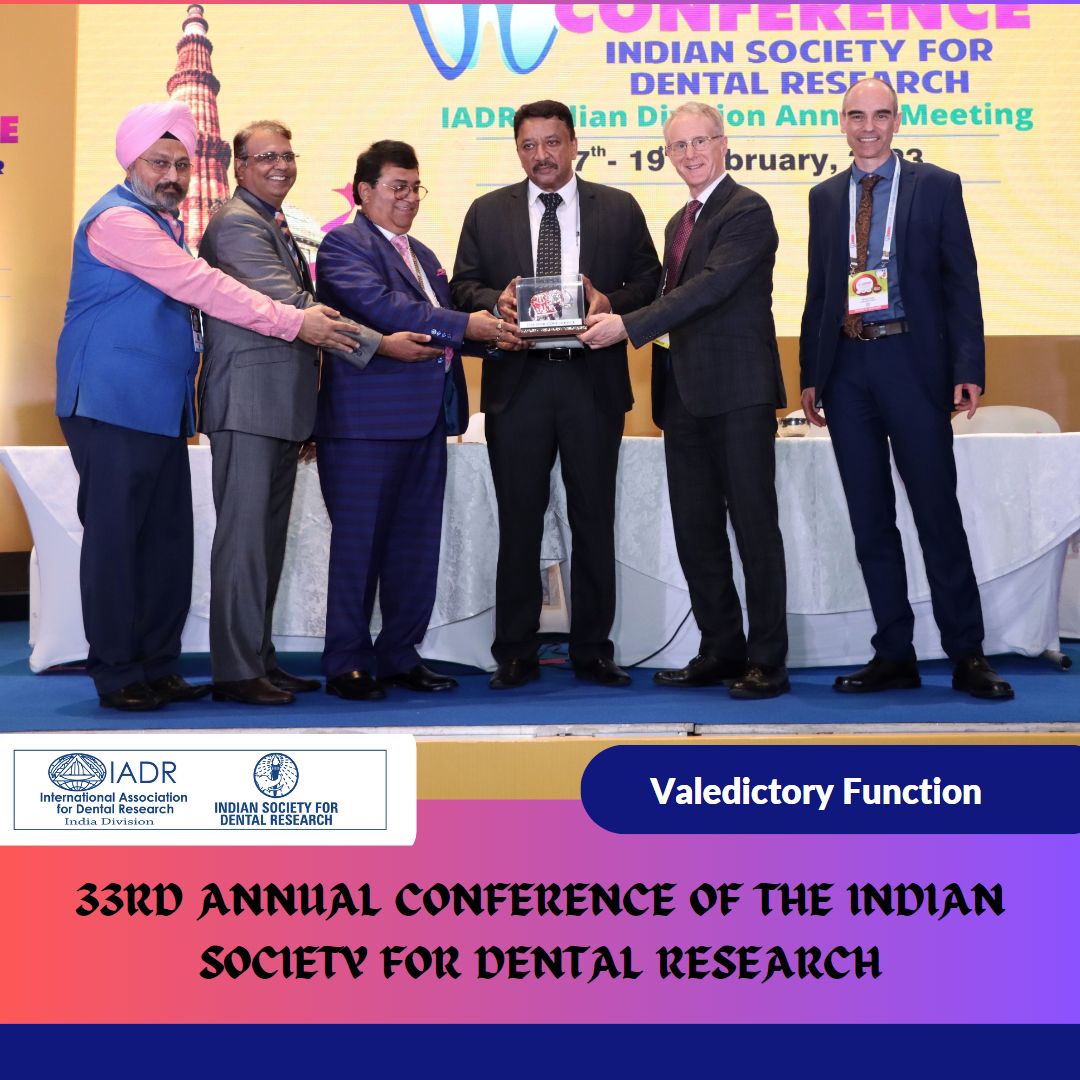Contents
Facial Asymmetry down the ages
A certain proportion of the human population has always been affected by disabling facial asymmetry. This could be congenital as a result of developmental anomalies or birth injuries or acquired as a result of disease or trauma. Once of the most common causes of facial asymmetry is trauma. This trauma could either be accidental or inflicted during interpersonal conflicts.
Human history is strewn with wars. Most major wars lead to landmark changes in the course of history. However, war has also extracted a horrific price from many soldiers. For example, trench warfare during World War I had an unnatural number of soldiers suffering serious facial injuries followed by lifelong facial deformities. A special unit was in operation in France during the war that crafted lifelike masks for soldiers with horrific facial deformities.
Importance of facial symmetry
No human face is truly symmetrical. Perfect symmetry is unnatural. There is an imperceptible degree of facial asymmetry present in each face. This small degree of facial asymmetry is what adds to the beauty of the face. When facial symmetry is 100%, it will look unnatural and unreal. However, this asymmetry should be imperceptible and not noticeable on first glance. When this facial asymmetry becomes too obvious, it becomes a social handicap leading to the person withdrawing from social contact. Surgery is needed to correct facial asymmetry. Surgical correction of facial asymmetry requires an artistic touch in addition to surgical skills. This is a requisite for good plastic surgery results.
Surgical specialties that deal with facial asymmetry correction
The services of a plastic surgeon or an oral and maxillofacial surgeon would be required for correction of facial asymmetry. They would be the equivalent of system administrator in the team that performs this surgery. Facial asymmetry commonly is a result of road traffic accidents. Horizontal osteotomy surgery is one of the treatments available for correction of mandibular asymmetry. Facial asymmetry correction surgery is performed by board certified surgeons who are well versed in their craft. There are various degrees of facial asymmetry, ranging from the very mild to extreme asymmetry.
Functional difficulties caused by facial asymmetry
Jaw discrepancies can lead to functional problems. These are corrected through orthognathic surgery. The degree of asymmetry determines the approach that is taken to correct it. Reconstructive surgery frequently uses bone grafting for correction of defects that cause facial asymmetry.
Kashmiri man with facial asymmetry referred to our hospital
The patient is a 26-year-old Kashmiri man with facial asymmetry. He has a distant history of trauma to the chin. Wishing to have his facial asymmetry corrected, he visited a local oral surgeon who explained to him that he needed reduction of the right side of the mandible and maxilla to correct his asymmetry. It was further explained to him that facial asymmetry correction surgery in India was performed only at a few specialty surgical centers. He was then referred to Balaji Dental and Craniofacial Hospital for surgical management of his facial asymmetry.
Treatment planning explained in detail to the patient
Dr SM Balaji, facial asymmetry correction surgeon, examined the patient and ordered 3D CT scan and other imaging studies. This revealed that the patient had a hyperplastic right mandibular condyle. As a result, the right side of his mandible was bigger than the left and he has a downward left to right occlusal cant. Using facial biometrics to study the skull, he explained the treatment planning in detail to the patient and the patient consented to surgery.
Le Fort I osteotomy correction of maxillary occlusal cant
Under general anesthesia, a maxillary vestibular incision was made in the sulcus and a Le Fort I osteotomy was performed. The right maxilla was disjointed and a 10-12 mm segment of bone was removed from the region. This resulted in correction of the maxillary occlusal cant and the maxilla was stabilized and fixed with titanium plates and screws. This resulted in an open bite on the corrected side. This will be corrected by the bilateral sagittal split osteotomy (BSSO) of the mandible.
Bilateral sagittal split osteotomy of the mandible for occlusal cant correction
Following this, a right sided buccal vestibular incision was made in the mandible for the bilateral sagittal split osteotomy. This was repeated on the left side. BSSO was performed with an uplift of 10-12 mm of mandibular bone on the right side. This resulted in correction of the occlusal cant with establishment of perfect occlusion. The mandible was then stabilized and fixed with titanium plates and screws.
Sliding genioplasty for restoration of full facial symmetry
However, it was noticed that the chin was still skewed after the jaw surgeries. So attention was next turned towards correction of the chin. A reciprocating saw was used to perform an osteotomy and the chin was repositioned with a sliding genioplasty and fixed with titanium plates and screws. This resulted in complete correction of the patient’s facial asymmetry. All incisions were then closed with sutures and the patient taken to the recovery room in stable condition. The patient expressed his full satisfaction with the results of surgery before final discharge from the hospital.




